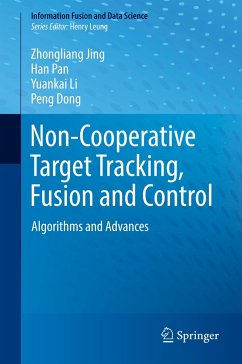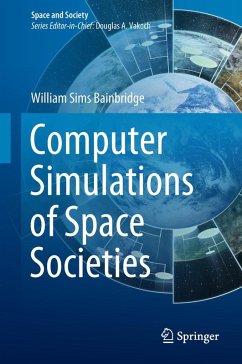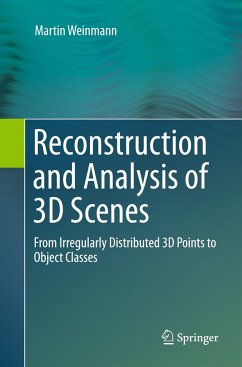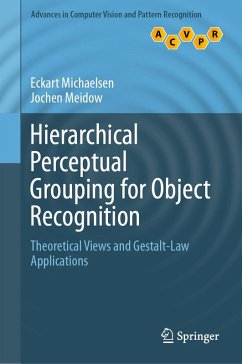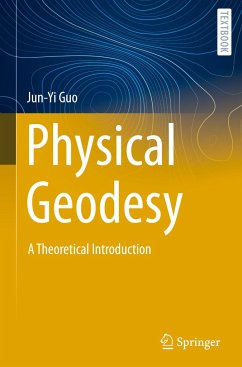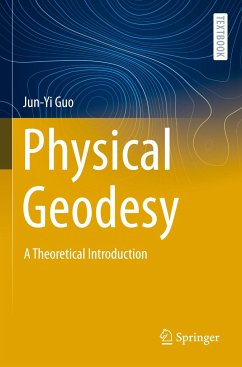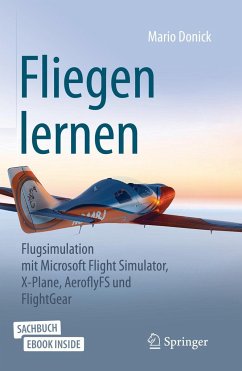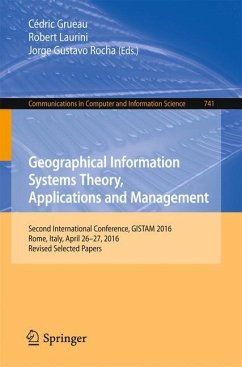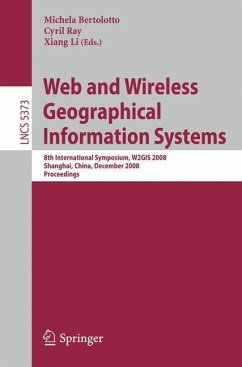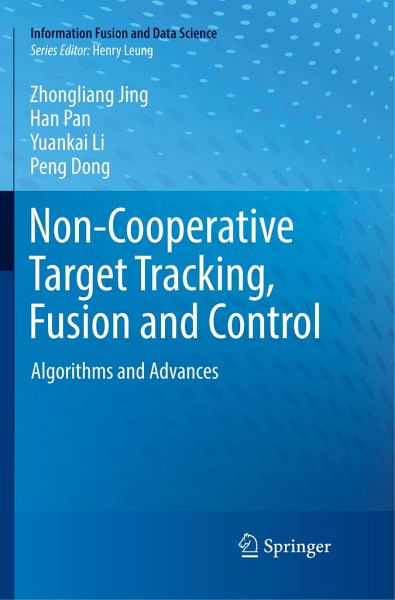
Non-Cooperative Target Tracking, Fusion and Control
Algorithms and Advances
Versandkostenfrei!
Versandfertig in 6-10 Tagen
136,99 €
inkl. MwSt.
Weitere Ausgaben:

PAYBACK Punkte
68 °P sammeln!
This book gives a concise and comprehensive overview of non-cooperative target tracking, fusion and control. Focusing on algorithms rather than theories for non-cooperative targets including air and space-borne targets, this work explores a number of advanced techniques, including Gaussian mixture cardinalized probability hypothesis density (CPHD) filter, optimization on manifold, construction of filter banks and tight frames, structured sparse representation, and others. Containing a variety of illustrative and computational examples, Non-cooperative Target Tracking, Fusion and Control will b...
This book gives a concise and comprehensive overview of non-cooperative target tracking, fusion and control. Focusing on algorithms rather than theories for non-cooperative targets including air and space-borne targets, this work explores a number of advanced techniques, including Gaussian mixture cardinalized probability hypothesis density (CPHD) filter, optimization on manifold, construction of filter banks and tight frames, structured sparse representation, and others. Containing a variety of illustrative and computational examples, Non-cooperative Target Tracking, Fusion and Control will be useful for students as well as engineers with an interest in information fusion, aerospace applications, radar data processing and remote sensing.



